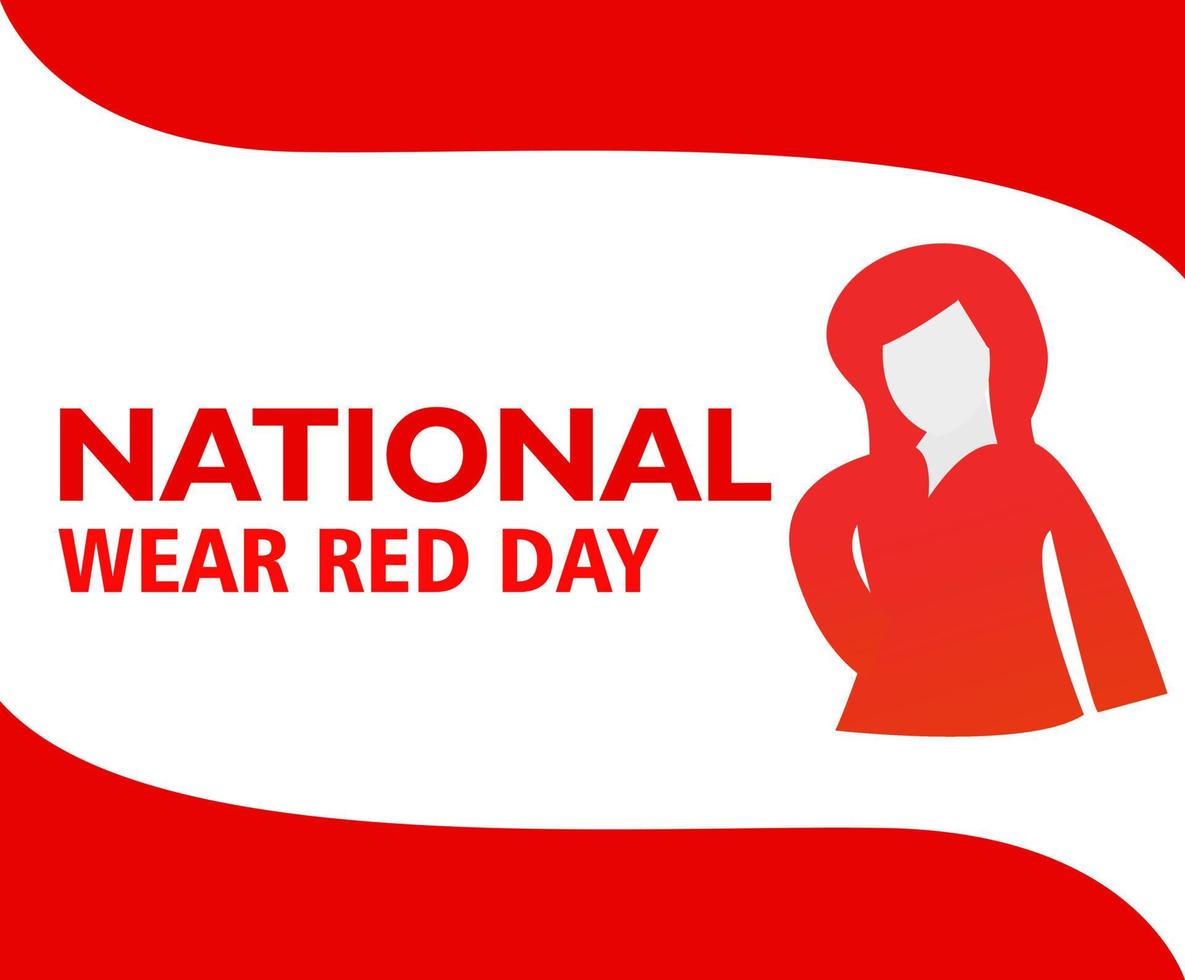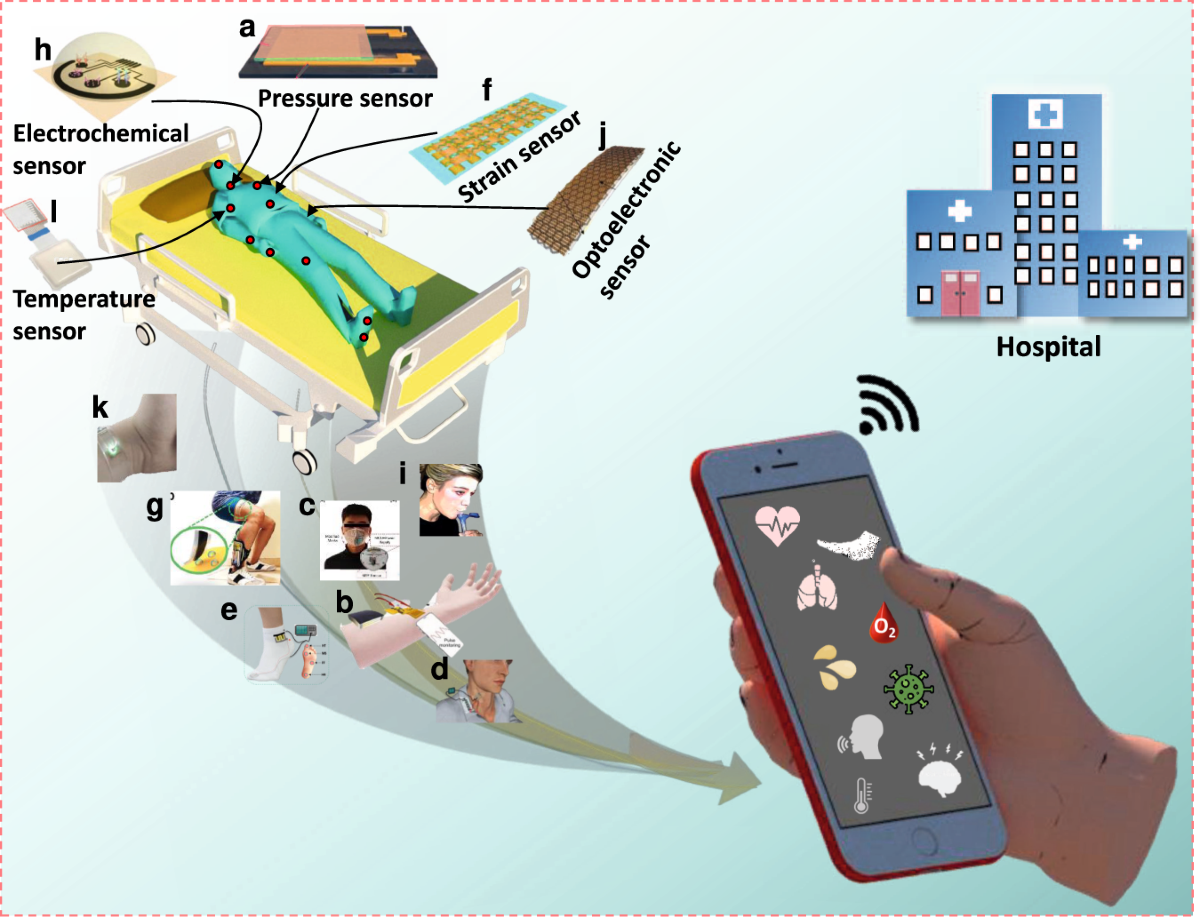Identifying and Managing Energy Drainers
In our interconnected world, some relationships can leave us feeling emotionally drained and depleted. Recognizing and managing these energy drainers is essential for maintaining emotional well-being and ensuring a balanced life. This guide provides practical insights into identifying energy drainers, understanding their impact, and employing strategies to manage their effects effectively.
Understanding Energy Drainers
Energy drainers are individuals whose interactions leave us feeling exhausted or overwhelmed. They can be present in various aspects of our lives—personal relationships, work environments, or social circles. Understanding these drainers involves recognizing their behavior patterns and the emotional toll they can take.
Defining Emotional Energy Drain
Emotional energy refers to the psychological and emotional vitality that sustains our daily activities and relationships. When interactions with certain individuals consistently leave us feeling drained, it indicates an imbalance in our emotional energy. This can manifest as stress, irritability, or a sense of being overwhelmed.
Types of Energy Drainers
Energy drainers can be categorized based on their behavior and impact:
- The Constant Critic: Frequently points out flaws or mistakes, often in a way that feels personal.
- The Drama Magnet: Creates or attracts drama, leading to emotional volatility.
- The Self-Centered Individual: Focuses primarily on their own needs, disregarding others’ feelings.
- The Negative Naysayer: Pessimistic and constantly sees the negative side of situations.
- The Victim: Portrays themselves as a perpetual victim, seeking sympathy and attention.
Recognizing the Signs of Energy Drain
Identifying whether someone is draining your energy involves looking for specific signs:
1. Persistent Fatigue and Exhaustion
Feeling persistently tired or drained after interacting with someone is a key indicator. If brief interactions consistently leave you feeling exhausted, the individual may be affecting your emotional reserves.
2. Increased Stress and Anxiety
Heightened levels of stress and anxiety following interactions with a particular person can signal an energy drainer. Emotional discomfort after spending time with someone is a sign that their behavior impacts your well-being.
3. Emotional Irritability
If you find yourself feeling unusually irritable or angered after interactions, it may be due to the emotional weight of the relationship. This irritability often stems from frustration or a sense of being misunderstood.
4. Loss of Motivation and Enthusiasm
A significant drop in motivation or enthusiasm for activities you once enjoyed can be attributed to the negative impact of energy drainers. Their presence can diminish your interest in goals and passions.
5. Physical Symptoms
Sometimes, the emotional toll of interactions manifests as physical symptoms such as headaches, muscle tension, or digestive issues. If physical symptoms align with interactions with specific individuals, they might be draining your energy.
The Psychological Impact of Energy Drainers
Understanding the psychological effects of energy drainers involves exploring their impact on mental health and relationships:
1. Impact on Self-Esteem
Energy drainers often undermine self-esteem through persistent criticism or negativity. This can erode confidence and lead to self-doubt, affecting your self-image.
2. Erosion of Boundaries
These individuals can blur or violate personal boundaries, leading to discomfort and vulnerability. Establishing and maintaining clear boundaries is essential for emotional protection.
3. Strain on Relationships
Energy drainers can strain other relationships by causing withdrawal or conflict. The emotional exhaustion they create can negatively impact your interactions with others and your support network.
Strategies for Managing Energy Drainers
Effectively managing the impact of energy drainers involves a combination of self-awareness, boundary-setting, and proactive strategies:
1. Set Clear Boundaries
Establishing and communicating clear boundaries is crucial. Define limits for interactions and ensure they are respected to protect your emotional space. This may involve limiting time spent with certain individuals or setting guidelines for interactions.
2. Practice Self-Care
Practice self-care to refresh and restore your emotional well-being. Activities like exercise, meditation, and pursuing hobbies can provide relief and support your well-being, helping you manage the impact of energy drainers.
3. Limit Exposure
If feasible, reduce the time spent with energy drainers. While complete avoidance may not always be possible, limiting exposure can help mitigate the emotional toll of interactions.
4. Develop Coping Strategies
Employ coping strategies to manage the emotional impact of energy drainers. Techniques such as deep breathing, mindfulness, and cognitive restructuring can help maintain emotional balance during challenging interactions.
5. Seek Support
If the impact is significant, seek support from friends, family, or a mental health professional. Discussing your experiences with others can provide validation, advice, and emotional support.
6. Focus on Positive Relationships
Invest time and energy in positive, supportive relationships. Surrounding yourself with uplifting individuals can counterbalance the effects of energy drainers and contribute to a more balanced life.
7. Address the Issue Directly
In some cases, addressing the issue directly with the individual may be necessary. Approach the conversation with empathy and assertiveness, focusing on how their behavior affects you and discussing potential solutions.
The Mesopotamian Chronicles | Maya (mayathevoice.com)
Building Resilience Against Energy Drainers
Building resilience involves developing the ability to cope with and recover from stress. Enhancing resilience can help you navigate interactions with energy drainers more effectively:
1. Cultivate Self-Awareness
Self-awareness helps in recognizing how energy drainers affect you. Reflect on your emotional responses and identify patterns to take proactive steps in managing their impact.
2. Strengthen Emotional Intelligence
Emotional intelligence is the ability to recognize and regulate your own emotions while also understanding and empathizing with the feelings of others. Improving emotional intelligence can enhance your ability to handle challenging interactions and maintain balance.
3. Develop Problem-Solving Skills
Effective problem-solving skills are crucial for addressing and resolving conflicts with energy drainers. Focus on finding constructive solutions rather than avoiding or escalating issues.
4. Practice Resilience Techniques
Incorporate resilience techniques such as positive thinking, gratitude, and stress management into your daily routine. These practices can build emotional strength and adaptability.
Conclusion: Managing Energy Drainers with Awareness and Strategy
Recognizing and managing energy drainers is vital for maintaining emotional health. By understanding the signs of energy drain, their psychological impact, and effective management strategies, you can take proactive steps to protect your well-being and foster positive relationships.
While it may not be possible to completely eliminate interactions with energy drainers, implementing these strategies can help mitigate their effects. Cultivating self-awareness, setting boundaries, and focusing on positive relationships are key components of navigating emotional challenges effectively. Through these practices, you can create a more balanced and fulfilling life, even in the presence of energy drainers.




Hello, Jack speaking. I’ve bookmarked your site and make it a habit to check in daily. The information is top-notch, and I appreciate your efforts.